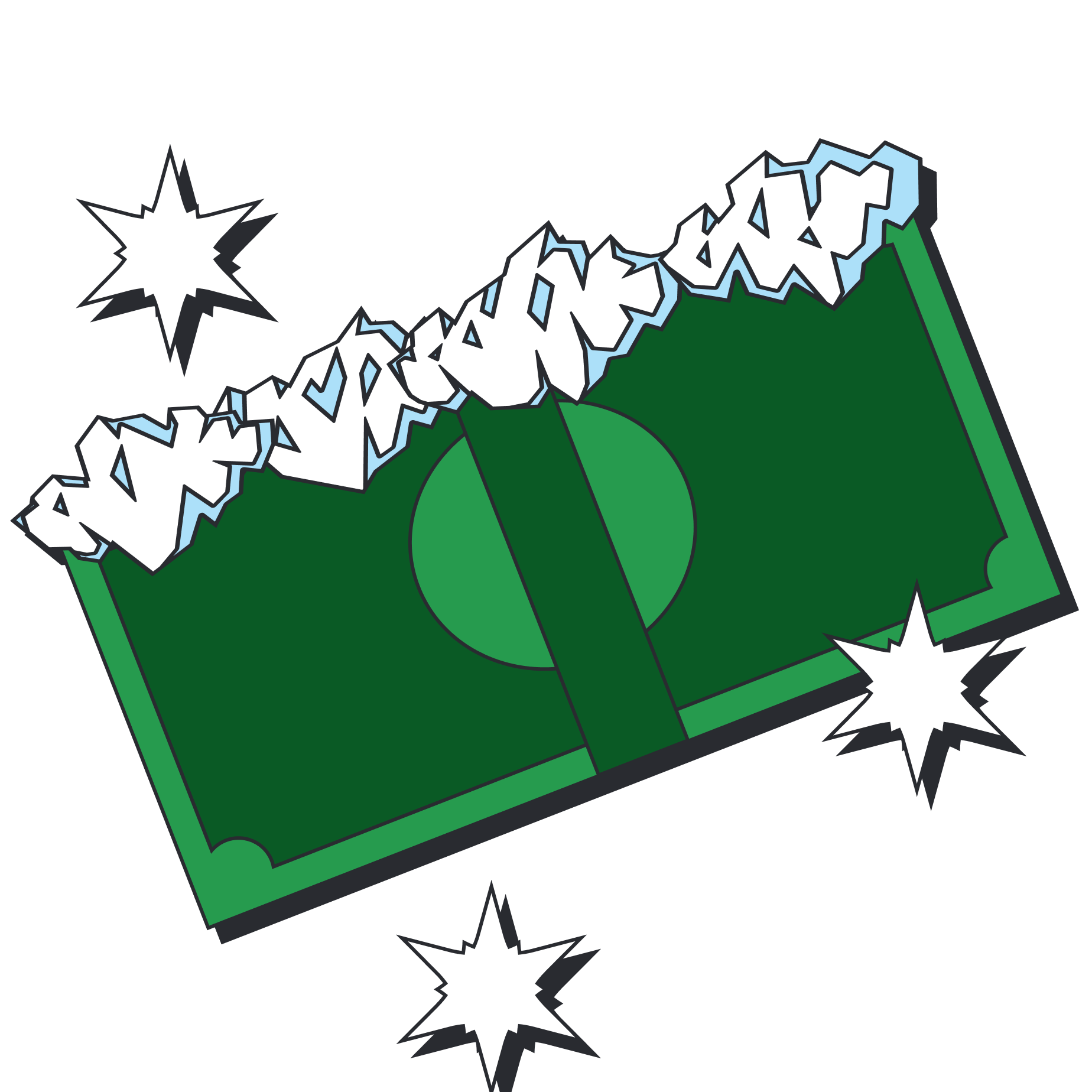
I have frozen assets abroad. Not much, about $4,000, mostly in US shares. I don't support the war and Putin at all, on the contrary. Overall, I understand the EU institutions, but it's disappointing.

Due to the invasion of Ukraine, the European Union imposed sanctions against Russia. These sanctions targeted thousands of individuals and companies genuinely responsible for initiating and conducting the war. However, along with them, the securities of millions of private individuals not under sanctions were blocked—because of restrictions imposed on major Russian banks, the National Settlement Depository, and the SPB Exchange. Among the affected are many people who hold anti-war views, including those who have left Russia. I have personally spoken with more than a hundred such people—from a statistics professor at a leading U.S. university to retirees from Russian regions. I want to thank each person who wrote to me and shared their story.
In the more than three years since the war began, there have been no serious efforts to determine who the ultimate beneficiaries of the frozen assets are. Specifically, no attempts to distinguish between state and private assets or to establish what portion of private assets belong to sanctioned individuals or their representatives, and what portion to people who are not under sanctions by Western countries and can prove the legal origin of their capital.
Today, there is a mechanism in place for non-sanctioned private individuals to request asset unfreezing, but the process is long and expensive—accessible only to very wealthy investors. These kinds of secondary sanctions imposed on clients of the Russian financial system are not just ineffective—they seriously damage the EU’s image, which has always been perceived as a union based on the rule of law and the protection of private property.
Let me clarify that my efforts are not lobbying and are not funded by anyone. I act solely out of my conviction: those responsible should be punished. People not involved in the war in Ukraine who have earned their money legally should have access to a transparent and accessible mechanism to unlock their assets. Moreover, EU regulatory bodies, as well as custodians like Euroclear and Clearstream where these assets are held, must ensure transparency in their operations—instead of hiding behind obscure internal regulations and the “complexity of sanctions policy” as excuses for ignoring inquiries from the media and civil society organizations.
I believe that we must begin inventorying these assets now and work toward a solution that is optimal for all parties involved. That is why we created this page—to publish the results of our efforts and the stories of those affected.
You can contact us through the feedback form available on this page. The more testimonies we collect about the scale of this issue, the greater the chances of prompting the EU authorities to make changes in their sanctions policy!

